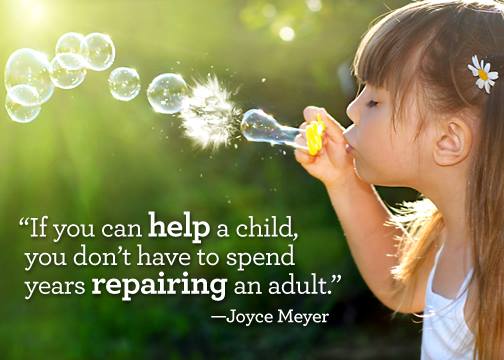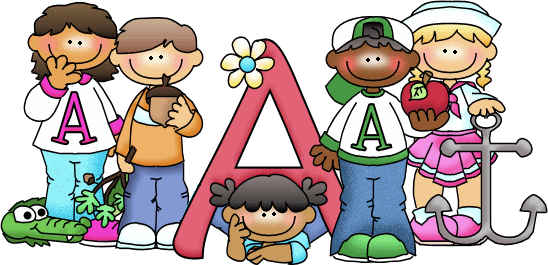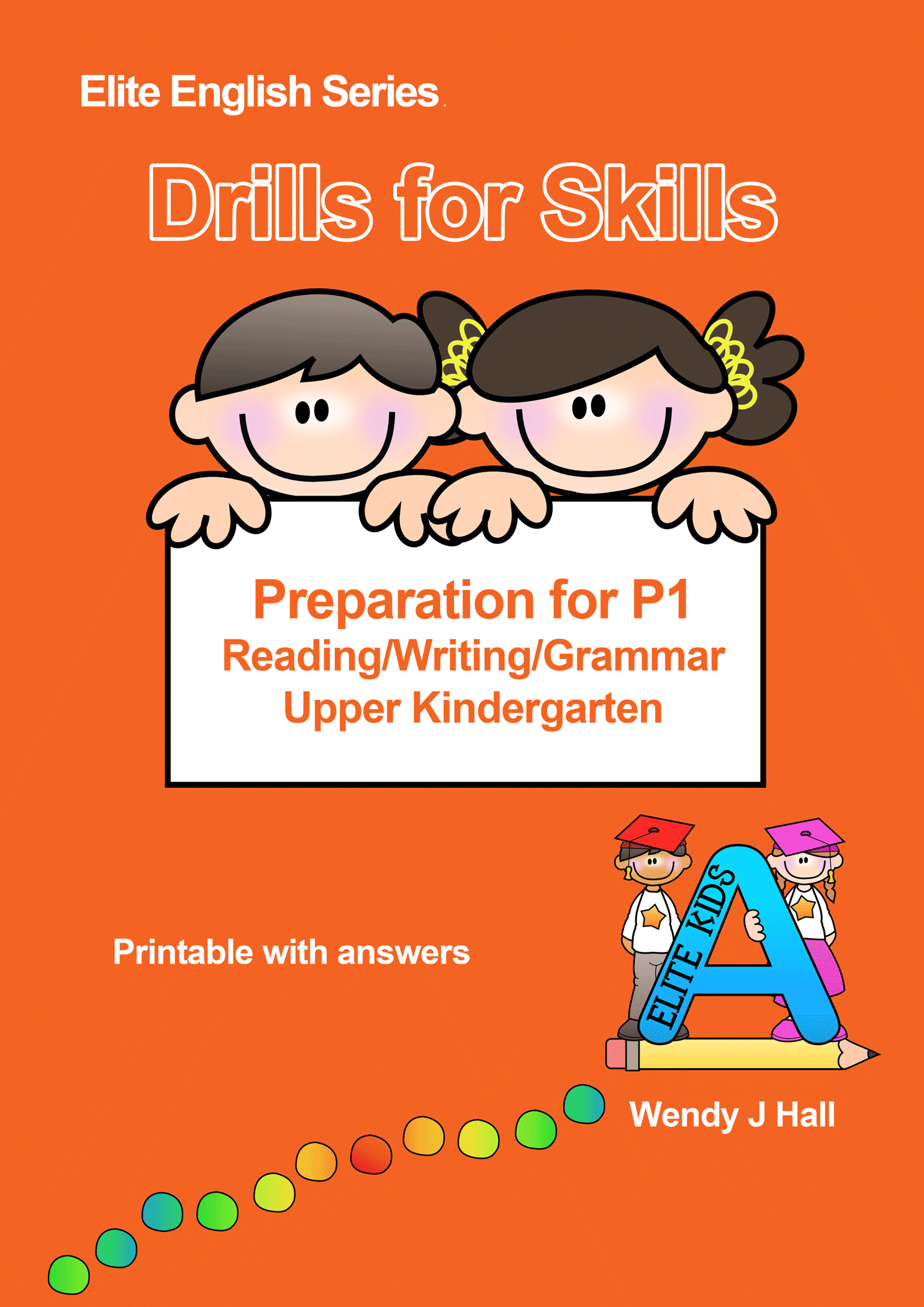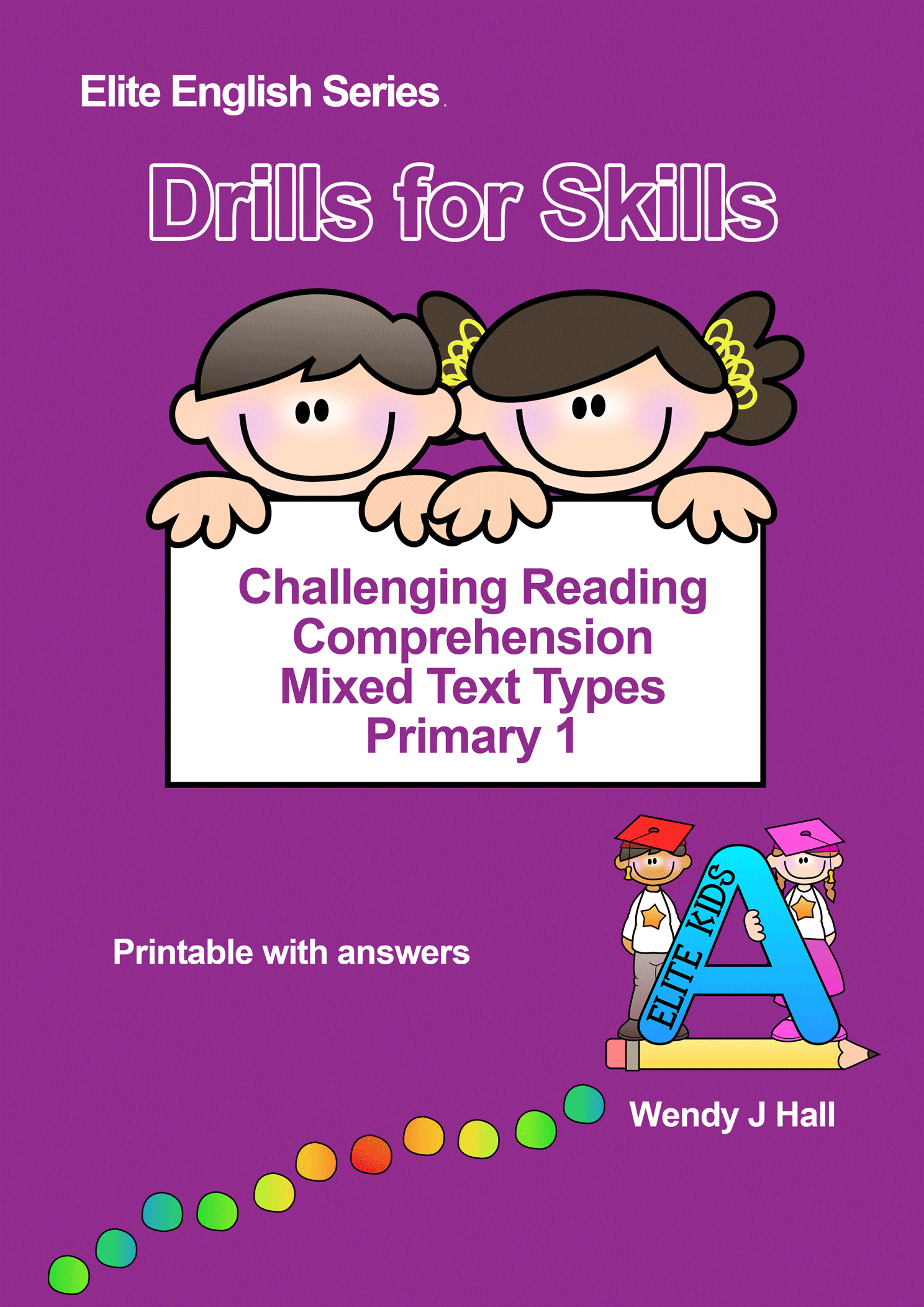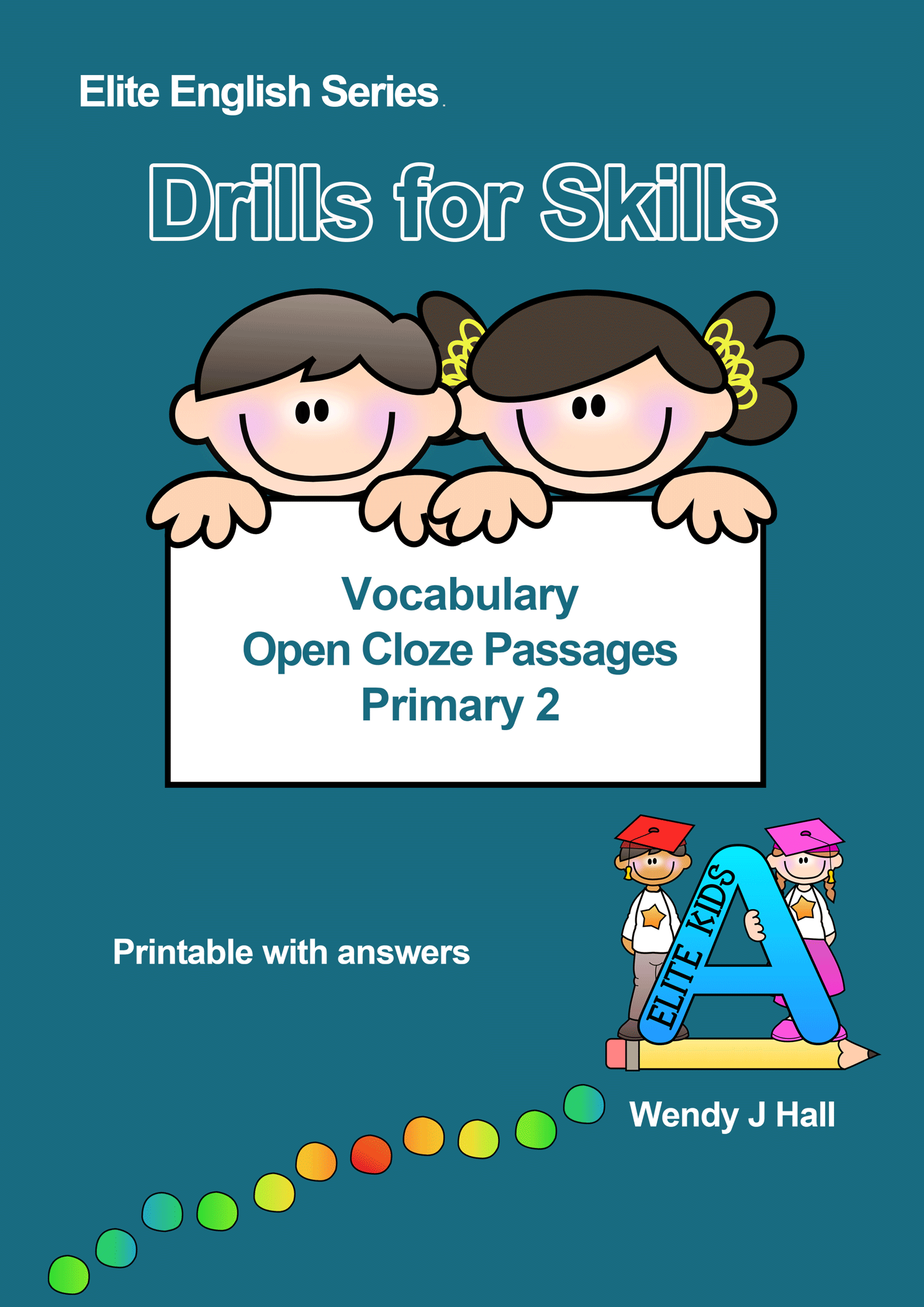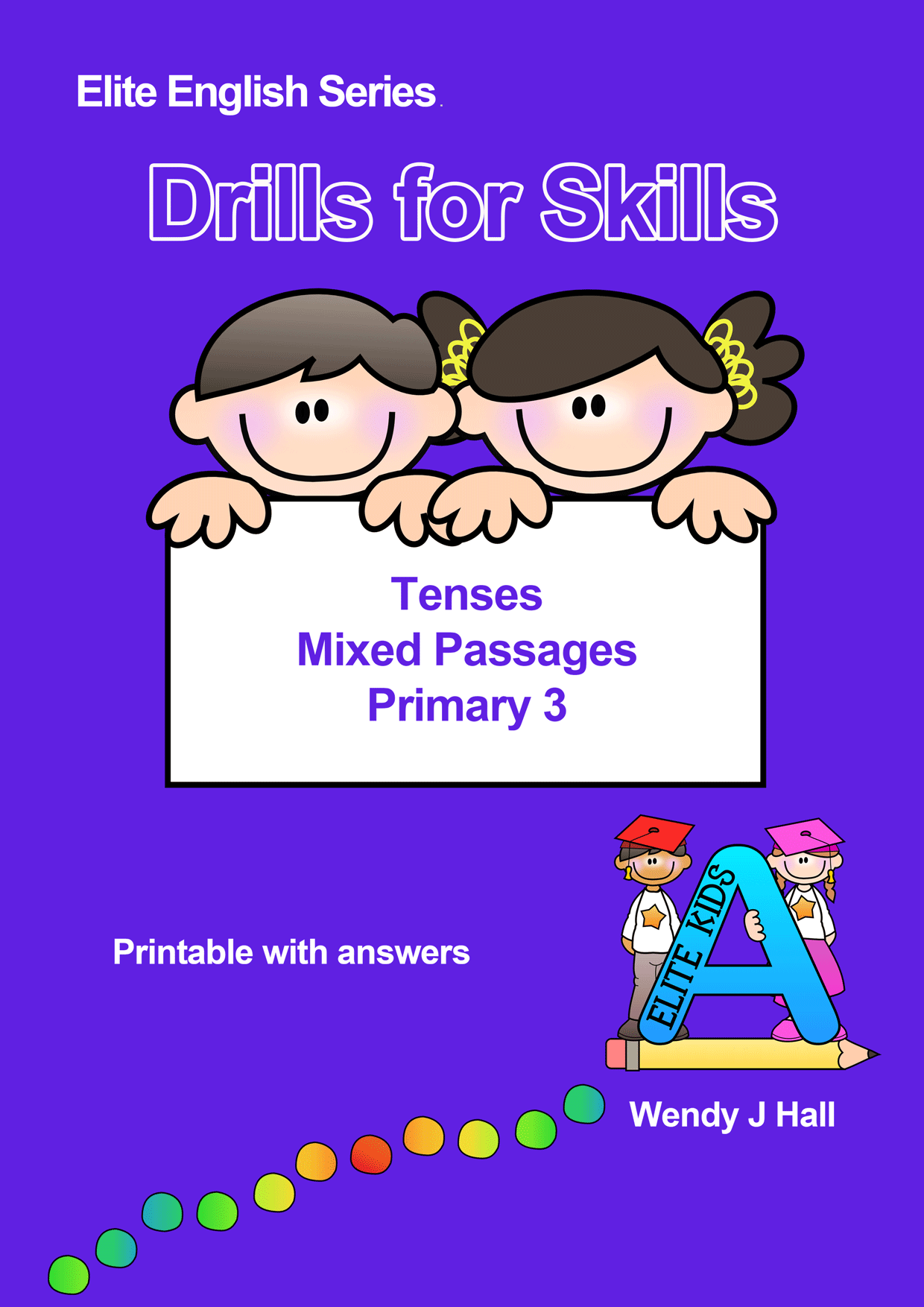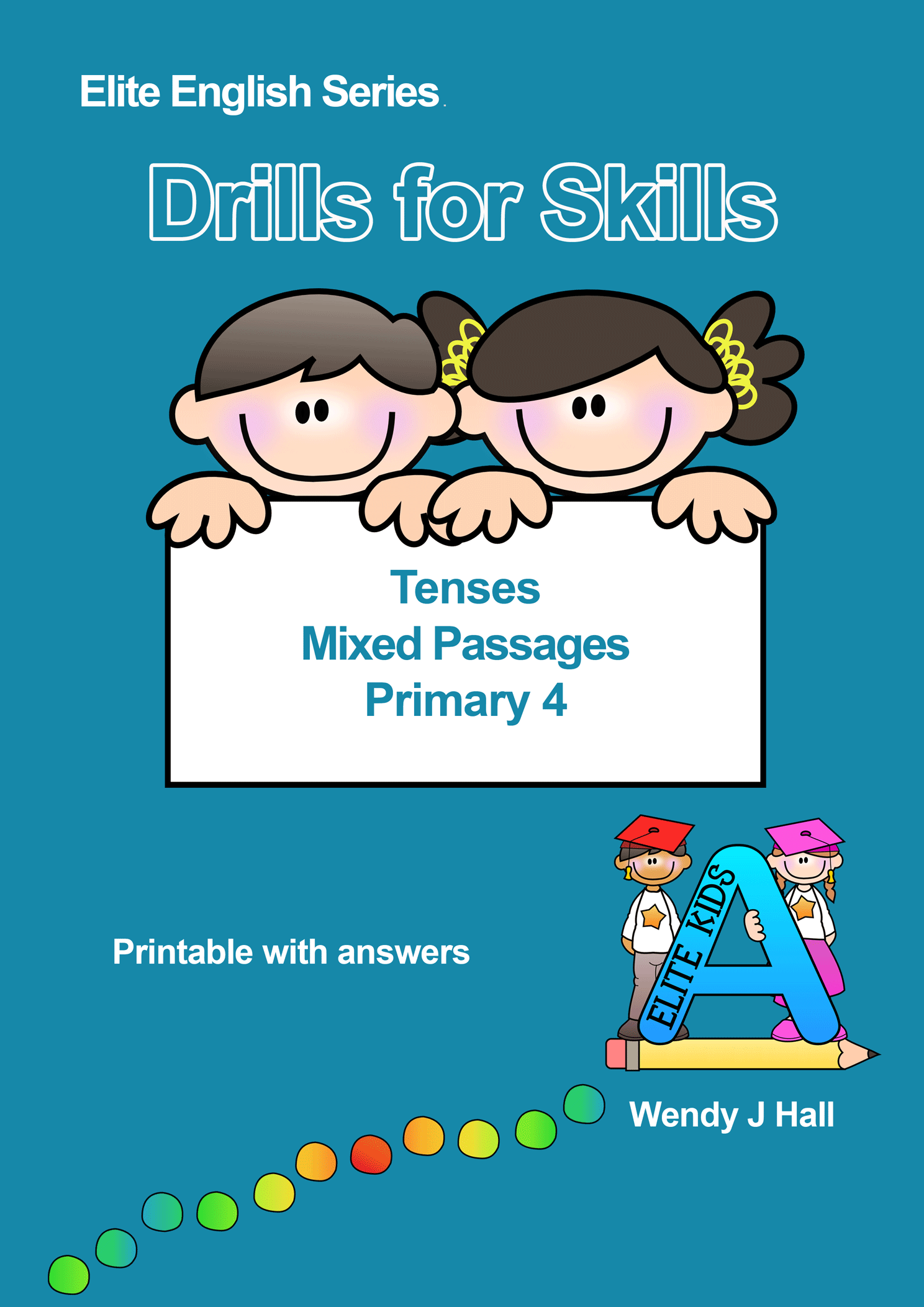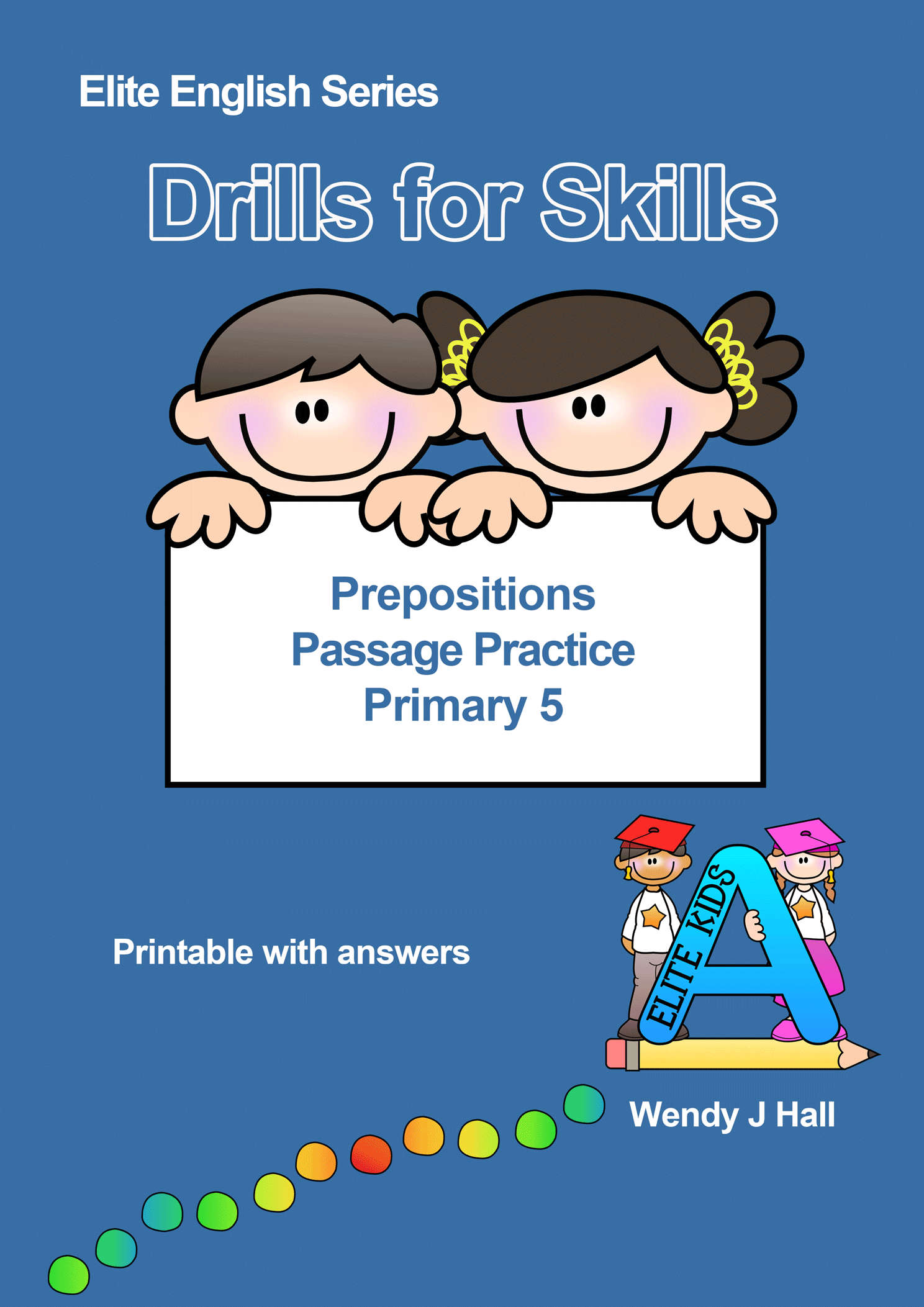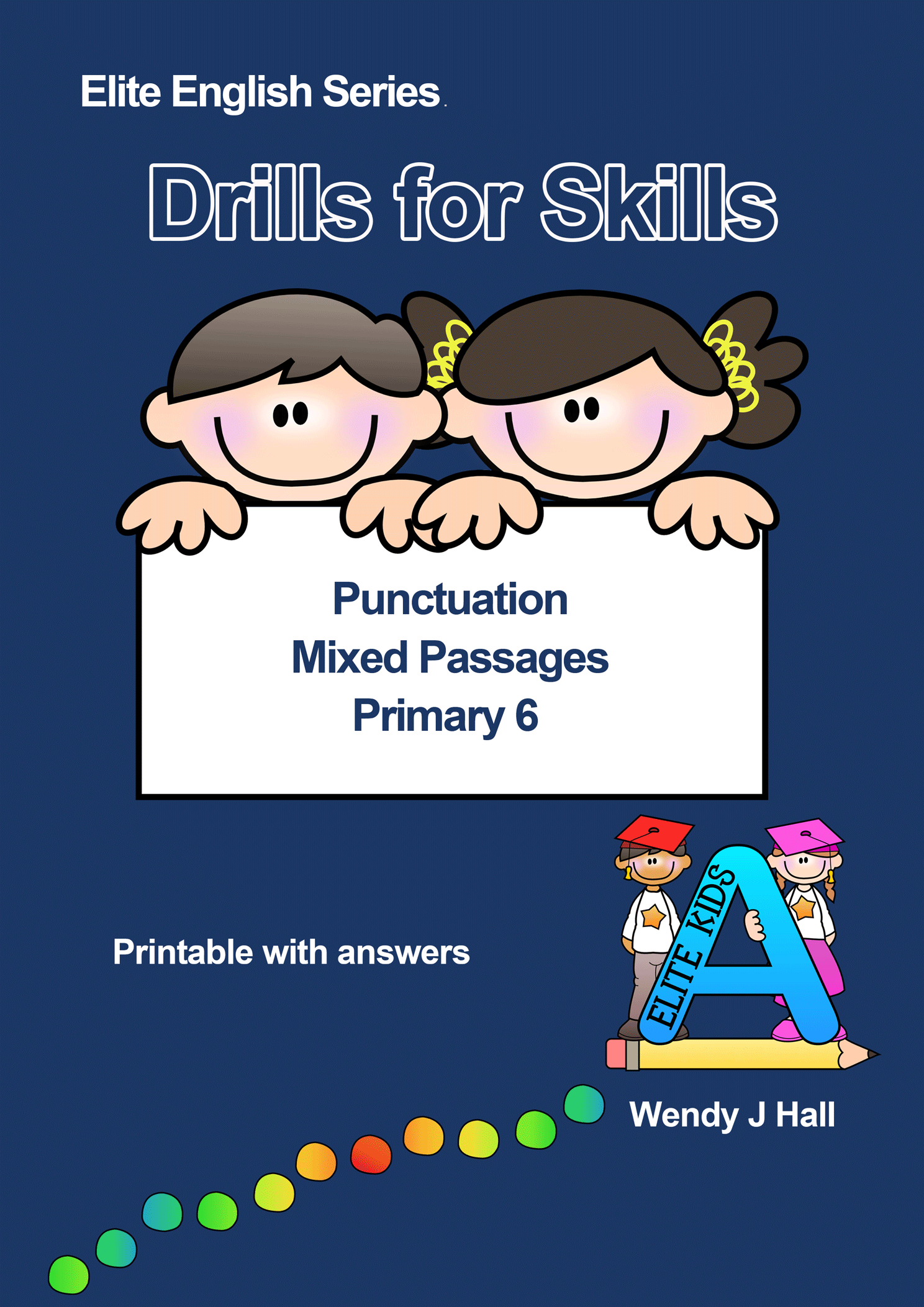Elite Parenting Tips
These parenting tips will help parents navigate the difficult job of parenting which is certainly not an easy task, especially in Hong Kong. The tips on this page relate to general parenting. For tips related to learning and English skills, click the buttons on the right.
Build a Healthy Relationship with Your Child
Building a healthy relationship is one of the most important parenting tips you can follow. Here are some of the things you can do to improve your relationship, whatever the age of your child.
Listen to your child. There is a big difference between really listening and half-listening. Your child knows. When you listen, you need to give your full attention. Talk to your child. Try to set up a time every day, even just for five minutes to talk about their day and your day. Show sympathy and understanding when your child is facing difficulties. This means validating their feelings rather than invalidating them.
What you can do:
- Connect with your child instead of disconnecting with them.
- Don't be tempted to take over. It is much better to provide assistance.
- Avoid nagging and lecturing.
- Reason and explain rather than trying to force.
- Be cheerful and happy. Smile instead of frowning.
Discipline your Child Effectively
This is the most troublesome area for parents. Children need boundaries and need discipline when they step out of these boundaries, but there are right and wrong ways to do this. These parenting tips will help you to deal with discipling your child.
What you can do:
- Set boundaries. You must do this together with your partner to ensure consistency. If Mum says no to something but Dad says yes, your child will be confused and you will be setting yourself up for failure.
- Involve your child in setting the rules. This applies to children who are old enough to reason (usually from K2 upwards)
- Use positive reinforcement rather than negative reinforcement. Praise positive behaviour rather than always scolding your child.
- Use positive wording. For example:
Negative wording: Don’t let go of my hand!
Positive wording: Hold on tightly to my hand then we won’t lose each other.
Model Good Behaviour and Values
It is a fact that children copy their parents. If you are unhappy, flustered and angry all the time, your children will grow up feeling frustrated. If you want your child to read every day but you never read, you will be facing an uphill battle trying to get them to read. Examine your own behaviour, especially how you talk to your partner and think about whether it is what you want your child to copy.
Understand your Child’s Personality
We are all born with different personalities.
Identify your child’s character and then use strategies which can match your child. Here are some parenting tips for dealing with personality types that parents often ask me about.
For children who are rebellious:
These children can be stubborn and head-strong. They may try to do the opposite of what you want them to do. Your challenge is to channel their energy in a positive way. Instead of getting involved in power struggles, try to understand them. Give them control in some areas so they can channel their feelings positively. Give them choices so they don’t feel that you are controlling them.
For children who have difficulty concentrating:
Firstly, don’t go rushing into thinking that your child has ADHD. It is normal for young children to have short attention spans. You need to provide lots of stimulating activities and encourage them to spend longer focusing on them. You can do this by sitting with them and asking questions to keep them interested.
For children who are shy and resistant to changes and new situations:
Respect your child. There are many adults who feel afraid of new situations. Give your child advance warning of any new situations such as trips to the doctor. Try to keep to daily routines as much as possible so your child knows what to expect. Introduce new routines gradually.
Understand the Role of Technology and the Media in Today's World.
Parents have to accept that technology is part of the world today. If you restrict and ban, your child will just go behind your back and do everything you don’t want them to do. In fact, if you restrict access you could be hurting your child’s future prospects since a good knowledge of technology is important for education and careers.
What you can do:
- Establish some rules - set time limits for using the Internet. The key is balance. Children need physical activity as well as just sitting in front of the computer.
- Sit with your child and explore some interesting sites together.
- Use firewalls to block material which is inappropriate for children.
- Encourage children to use Facebook in a positive way for example by forming study groups.
- Give your child privacy. You wouldn’t want them to read your e-mails.
- Do not ban television. Instead, select channels which offer learning opportunities. This is especially important if you want your child to have more exposure to English.
"I am soooooo touched by the thoughtfulness and recognition that you bestowed upon Anthony. I have to say your love and dedication for students is unfathomable, and I can see God's grace in how you steer your students through their challenges, pursuits and most importantly, difficult times. "
-Edna (Parent of 3 students)
"Education is not about filling a bucket, but lighting a fire! "
- William Yeats
